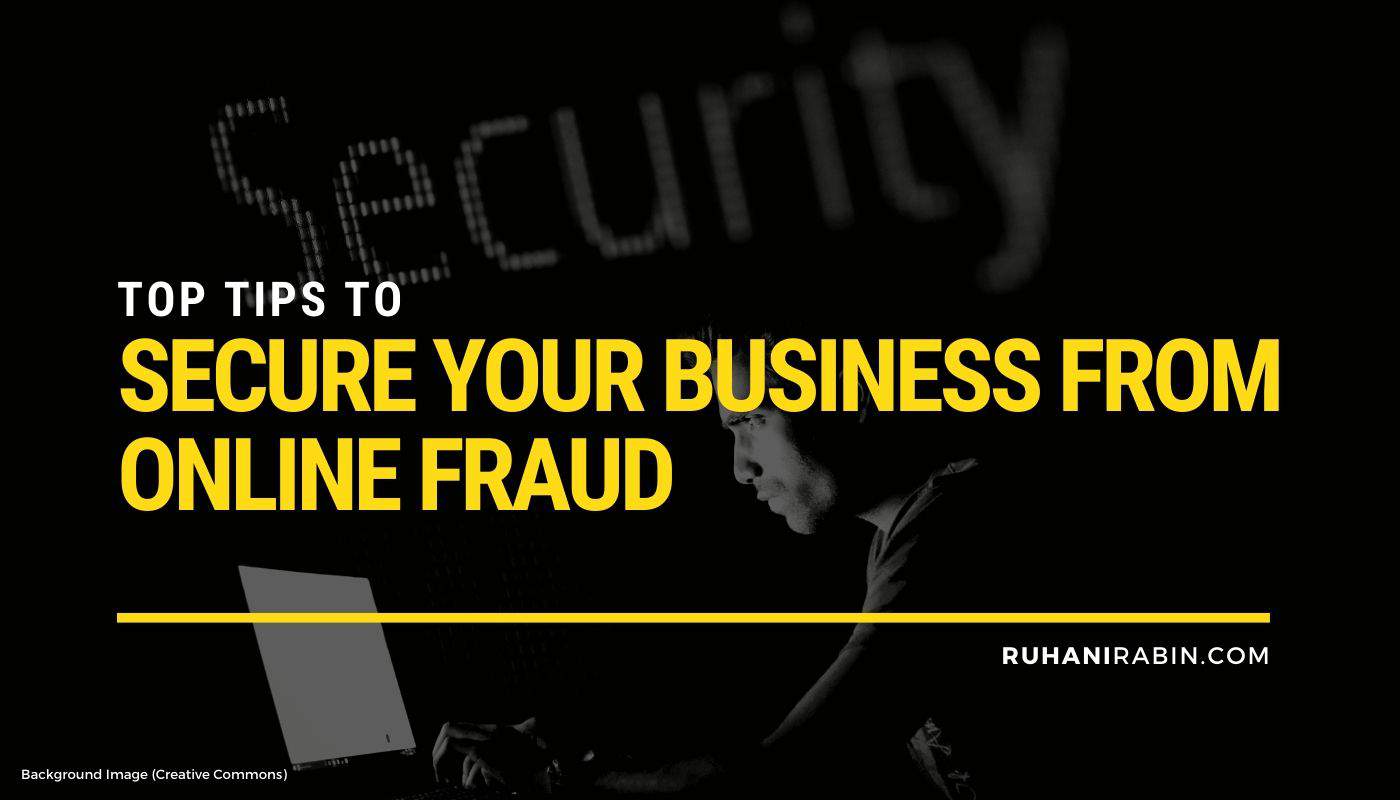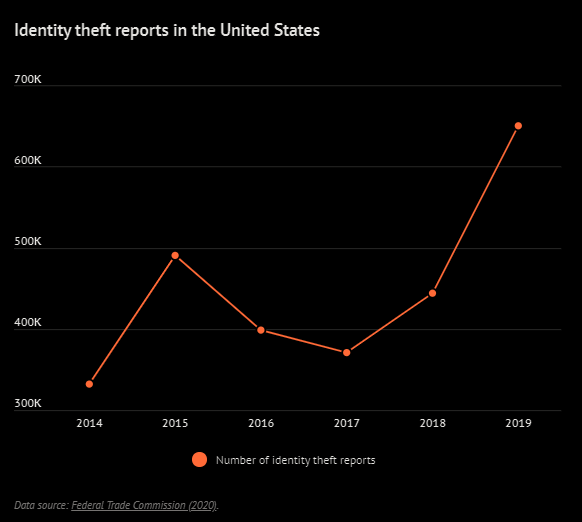Top 7 Tips to Secure Your Business from Online Fraud
Entrepreneurs need to face numerous challenges while operating a digital storefront and need to be aware of the risks associated with online fraud.

Digital payments have undergone a drastic transformation, thanks to the evolution of the Internet and mobile revolution. With the convergence of technology, unified payment platforms along with e-commerce have enabled smooth transactions and provided convenience to the customers. On the other hand, there are risks associated with online transactions, as they are vulnerable to data theft from hackers and different kinds of cyber-attacks.
Entrepreneurs need to face numerous challenges while operating a digital storefront and need to be aware of the risks associated with online fraud. Thus, companies need to employ effective cyber strategies such as using SSL certificates to protect and secure their website and customers’ data.
Get the Best Updates on SaaS, Tech, and AI
Which are the different types of online fraud?
Online frauds are entirely different as compared to physical brick and mortar stores, and they may involve unauthorized purchases. Most of the online stores provide a wide range of services, including providing means for storing personal information including purchase history and other delivery details. In the absence of foolproof website security, hackers might be able to gain access to these personal accounts of customers and misuse their information.
Identity theft is a typical online fraud and affects millions of Americans every year, where fraudsters try to steal identity using personally identifiable information( PII). According to statistics by the Federal Trade Commission, among the 3.2 million fraud cases reported to them, identity theft comprises of over 20.33% cases, which was the common type of fraud. Thus, online thefts can happen in different ways, especially when fraudsters use malicious software or through scams to steal sensitive personal information.

Phishing and spoofing frauds are becoming widespread as fraudsters target personal information using emails and websites by claiming to be genuine. Most cyber attackers target information such as usernames, passwords, credit card details, and social security numbers of customers in this process. Most users are tricked into disclosing their personal information leading to identity theft and data loss.
Practical strategies to prevent online business threats
Conduct a security audit
It could be rather challenging for companies to know where exactly the problem lies in their system unless they can find out the deficiencies that exist. It is essential that critical employees can address these issues and fix some of the underlying security issues which make their system susceptible to cyber-attacks. This helps companies to implement strategies to strengthen their networks and prevent such cyber occurrences.
Practice online safety measures
Make sure to install reliable security software and update them regularly to reduce the possibilities of virus attacks on your system. Use automatic software updates to get the latest fixes for your computer. Be careful with suspicious emails or attachments and never share your personal information with anyone.
Phishing scams are quite common, and your staff must be trained in identifying them for preventing fraud. Pharming is yet another type of online fraud where the hacker uses malicious code on your computer to direct users to fake websites. Thus, personal details may be used for illegal activities or make fraudulent purchases.
Use a secure password policy.
It is recommended to have an organization-wide password policy for protecting your online business against fraud. Hackers may be able to login to personal accounts of employees and customers or even accounting software. Hence, it is best to have reliable password practices to reduce cybercrime activities within organizations. Most companies prefer using two-factor authentication, which is a smart practice and helps to safeguard personal and confidential business information.
Provide a secure checkout option
One of the best methods to prevent bot attacks is to use CAPTCHA to help the system differentiate between humans and computers, which ensures that there is a human being at the other end of the computer. In this approach, the user must type in the letters displayed on the screen in the fields which are usually in a chaotic form. CAPTCHA can be a useful tool for preventing online frauds and data loss.
Train employees to recognize online frauds.
It is necessary to remember that payment related frauds may not always comprise of large transactions but may involve smaller payments made over time. Most small and medium businesses may be victims of such online scams which might go unnoticed.
Employees need to check the records regularly and report if they find any accounts suspicious to assist the management in taking preventive steps to step up their security efforts.
Prevent unauthorized system access
Cyber attackers can have access to essential files, including financial information, client data, payroll, and financial records. Therefore, companies must install firewalls and have malware protection software and use regular system checks for viruses and vulnerabilities. Additionally, employees must be educated and trained to identify risky behaviors and avoid negligence to prevent data breach occurrences within the organization.
Physical theft is a critical aspect that is often overlooked by enterprises that require using stringent policies and security practices that can help to recover lost information across devices. The use of access control cards to monitor permission for using specific devices in the organization may also help to prevent data theft.
Monitor ransomware attacks
Ransomware attacks can prove to be costly to organizations as they may be used to deny access to systems unless ransom money is paid to the cyber attackers.
Cybersecurity and Infrastructure Security Agency recommends specific steps to prevent such attacks by updating your software along with operating systems with patches. Additionally, they advise companies to have regular backups on data on external drives and using strong spam filters to keep phishing emails away along with scanning all the emails for email threats and viruses.
Conclusion
Cyber attackers do not discriminate between small and big enterprises, and in fact, there are greater chances of cybercrimes occurring in SMB” sowing to lack of stringent security measures. Thus, taking small and meaningful steps for boosting security within your organization can go a long way in protecting your business and safeguarding your customers’ interests.
FTC Disclosure: The pages you visit may have external affiliate links that may result in me getting a commission if you decide to buy the mentioned product. It gives a little encouragement to a smaller content creator like myself.


